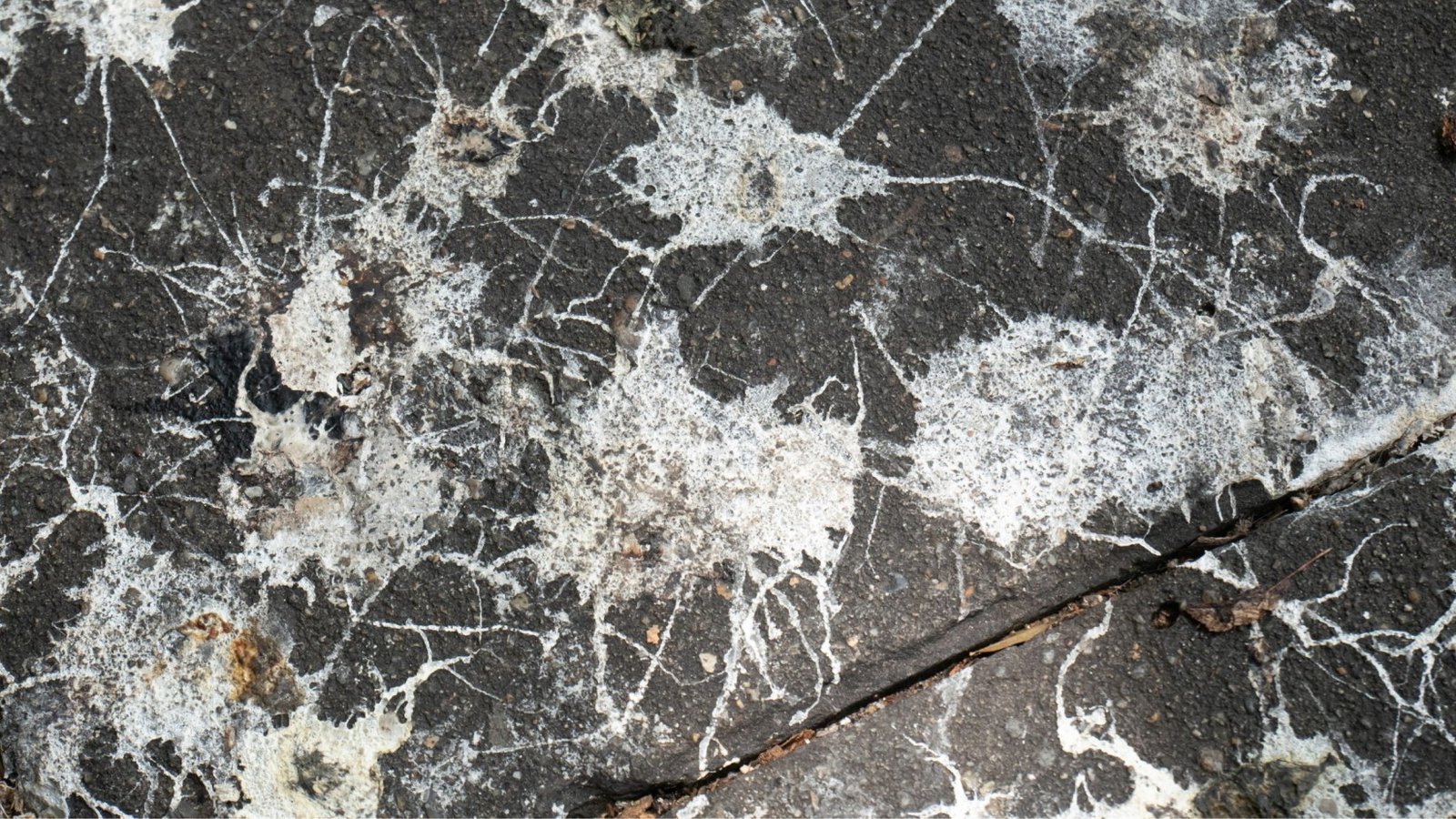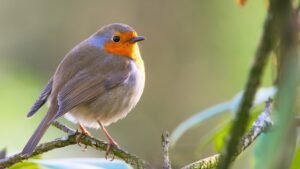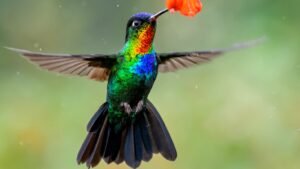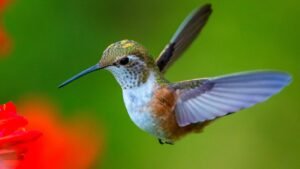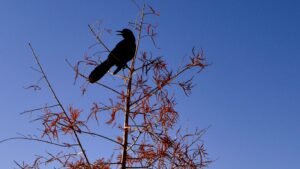Ah, yes, Bird poop. We have all, at one point, cursed at that white, watery poop generously landing on our heads, dress, or car windshields. White bird poop is a common sight, especially in cities where birds live in large populations.
But have you ever taken a moment to wonder why bird poop is usually so white? If you have, this article is written specifically to answer your question. Part of the reason for bird poop being white is because of the bird’s urine waste. The bird’s urine waste gives the poop that distinctive white color. How about we delve deeper and unravel the science behind bird poop’s white color?
Key Points
- Bird poop is white because of the presence of Uric acid.
- The health status of a bird can be determined through the consistency, color and smell of the poop.
- Birds do not have a bladder. So, waste product goes directly from their kidney to the cloaca.
What is The Reason Behind Bird Poop’s White Color?
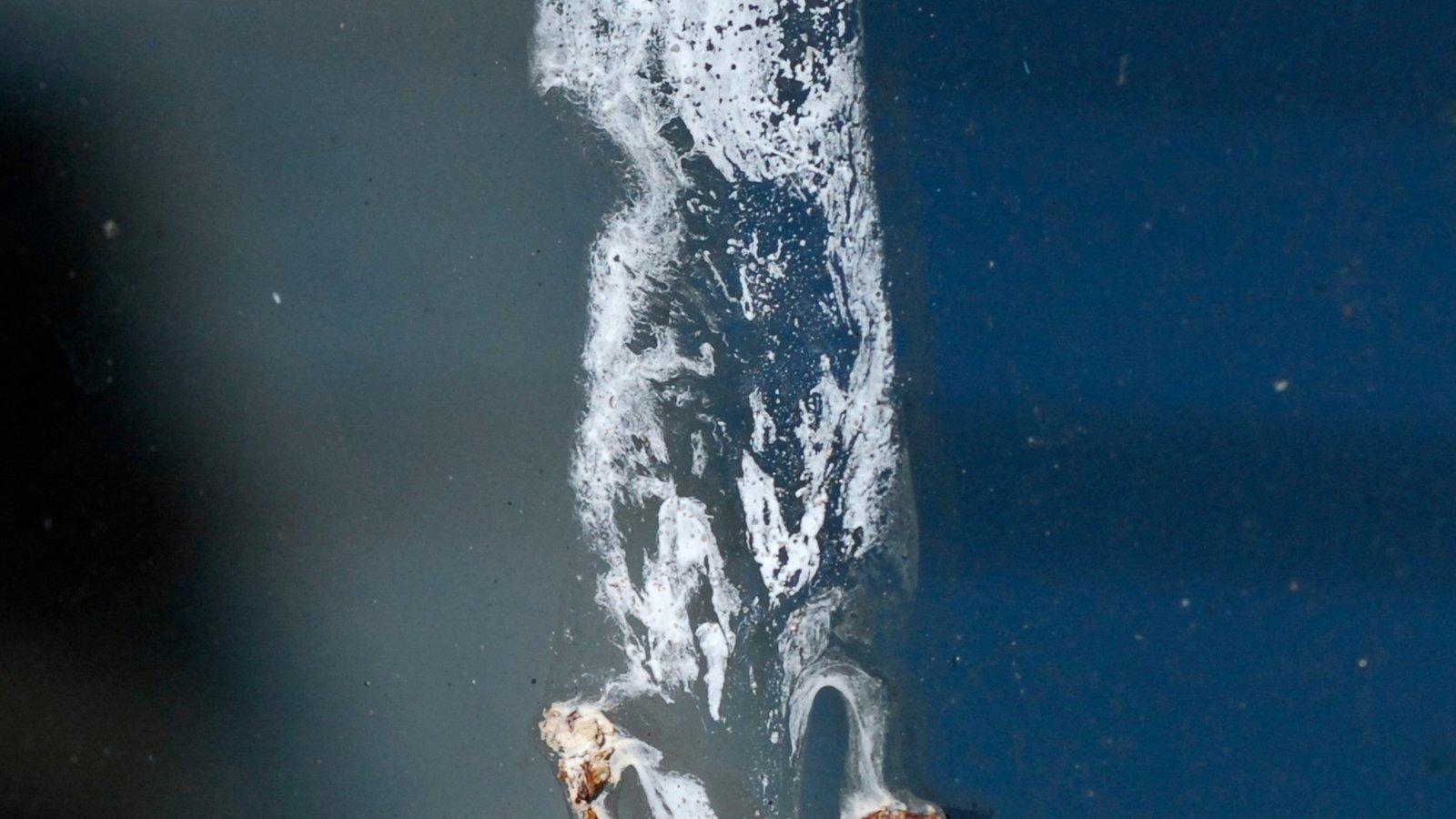
This is where we answer the question that led you to this piece in the first place. You see, birds do not produce urine as mammals do. This is because birds do not have a bladder that can store pee for long. So, the pee moves from the kidney straight to the bird’s cloaca. The cloaca then releases all the bird’s bodily waste, including urine and fecal matter.
Birds do not have separate organs for passing out urine or fecal matter. So, the cloaca is the one-stop point for almost everything that needs to enter and exit the bird’s body. All the waste in the bird’s body leaves through the cloaca, urine, or feces.
The cloaca also serves a purpose during reproduction. It is also where eggs pass through as they are being laid.
The uric acid is what has a sticky white paste exterior and a darker, semi-solid interior. So, when you see that white paste on your head after a pigeon just dropped a “deuce” on you, you are looking at the bird’s urine content.
This implies that uric acid and feces are both present in bird droppings. However, the feces typically come first, followed by the uric acid cap. The ratios of each change depending on the diet of the bird. In domestic poultry, most excrement is typically a khaki fibrous mass topped with a dollop of white uric acid.
When it comes to the workings of a bird’s body in releasing waste, the kidney plays a major role. Through sheer hard work, the bird’s kidney extracts nitrogenous waste from its bloodstream. The waste product that is extracted is known as urea. Urea is then dissolved and passed out from the body in the form of urine.
Bird droppings contain a high level of nitrates and ammonia. If you’ve ever kept birds for poultry, you must have perceived ammonia in its concentrated form. However, when the body of a bird eliminates waste in the distinctive white paste-like form, the amount of water a bird can lose becomes very limited. This, in turn, leads to a reduced risk of dehydration in birds as their body keeps the water required to remain healthy.
Why Do Birds Poop So Much?
If you’re asking this question, it’s probably because you have been a victim of bird poop. Perhaps you have been the victim of a bird “bomb” being dropped on your car windshield, or you keep birds as pets, and you can’t help but wonder why there is always new poop to clean.
For you to understand why birds seem to be taking a dump every minute, you need to have an understanding of their digestive system. The mouth is the first part of the bird’s digestive system, followed by the stomach and gizzard. After exiting the gizzard, partially digested food, referred to as chime, travels to the small intestine. In birds, the large intestine is not visibly bigger or distinct from the small intestine.
In birds, the large intestine is commonly referred to as the rectum. The large intestine dumps into the cloaca, and the length of the cloaca is short. The large intestine is longer in birds that eat seeds and are herbivorous.
The temperature of a bird’s body is about 102-110 Fahrenheit. This is because of the high metabolism rate of our Avian friends. It is also important to note that the metabolism rate depends on how active a particular bird specie is. Most birds constantly eat when awake for as long as they find food; if food isn’t available, they rest.
Birds also digest food a lot faster than normal. Because of their short intestines, food passes through a bird’s digestive system in 2.5 to 12 hours.
So, What is The Actual Color of Bird Poop?
So far, we have established that the white color of bird poop is urine. This begs the question, “what is the actual color of bird poop.”? Bird poop is excreted alongside the white uric acid. However, the actual fecal matter is those dark-shaped lumps.
Small stools found in bird excrement are frequently dark brown or green in hue. However, if birds have been eating a lot of berries, their droppings may be colored blue or purple. Depending on the diet, it could also come in other hues.
The Canadian stool’s Goose feathers eat a lot of grass, so their poop is usually thick and green.
Is White Poop Common To All Birds?
To an extent, every bird species’ poop will contain white uric acid. However, the rest of the feces may contain other colors depending on what the bird eats. The feces of a bird that eats nuts will likely be dark in color. Insectivorous birds will have a lighter color.
The bald eagle and Osprey are fish-eating birds, and their diet also affects the coloring of their feces. Their feces is whiter than that of carnivorous species.
Small animals, reptiles, and other prey with fur or exoskeletons are harder for birds to digest than fish. Since less food waste needs to be eliminated when an eagle digests a fish, its feces are whiter than other carnivorous birds.
How You Can Use Your Bird Poop Color To Determine The Health Status Of Your Bird
If you are keeping a bird, say, a Monk Parakeet, as a pet, your priority is to ensure they are healthy. Bird poop is an excellent way to identify health problems in your bird. However, it is important to note that what is considered normal poop varies from species. There are three ways to determine from the bird feces if your bird is healthy and they are:
- Consistency
- Color, and
- Smell
The next paragraph will take a closer look at each of these factors.
- Consistency
One of the best ways to know if your bird is healthy or not is by checking the poop texture consistency. However, you should know a few things about bird droppings consistency before you can use it as a parameter of a bird’s health. We have established that birds don’t expel fecal matter and urine like mammals do. This means that your bird’s poop will be a mix of liquid and solid.
Urine makes up about 30-50 percent of your bird dropping. The urine will have a pasty consistency. What contributes to this pasty consistency is the presence of Uric acid. The rest of your bird dropping is made up of feces which has a solid texture.
One of the ways you can know if your bird is healthy is if the poop has a different texture. You should note if feces have too much clear liquid or pasty white uric acid. If it does, then there could be a kidney problem.
- Color
Compared to consistency, color isn’t a good indicator of how healthy your bird is. This is because the color of bird poop can change depending on the bird’s diet. A healthy poop from a parrot will usually look green or olive. Furthermore, It will contain some small amounts of uric acid.
If you notice some brownish color in your bird’s poop, it may be because they ate pelleted foods. However, some colors can mean that your bird has a health problem. For example, if their guano has a red or black color, it can be an indication of fresh or digested blood. Yellow in your bird’s poop may indicate liver disease.
- Smell
Yes, we know you probably don’t want to go sniffing your bird’s poop. But to be a good bird parent, you need to know what healthy bird poop smells like. So, what should a healthy bird poop smell like? The answer is nothing. A healthy bird poop should not smell like anything. Most birds don’t eat meat, and protein makes the poop of mammals smell bad.
If you are keeping a parrot, then you know their diet comprises grains, vegetables, and fruits. This means that your pet bird poop will have little to no odor.
No, you don’t need to start sniffing your bird’s poop. You can mentally note how the air smells when your bird is healthy. If ever you notice any strong smell, and you are sure it is coming from bird poop, call a veterinary doctor.
FAQS
- How Often Should a Bird Poop?
The size of a bird affects how frequently it feces; smaller birds have faster metabolisms and poop more frequently than larger birds. Large Parrot species like macaws may poop up to 20 times per day; budgies may poop up to 50 times daily. Most birds poop frequently.
- What Are Some Causes Of Unhealthy Bird Poops?
There are many causes of unhealthy bird poop. Some of them are stress, parasites, and other infections. You see, Bacteria and viruses can infect birds’ gastrointestinal tracts and cause the bird to defecate unhealthy poop.
- How Can One Ensure That Bird Poop Stay Healthy?
The first step in keeping your bird healthy is by feeding it the right foods and in the right quantities. Please ensure that you speak to a veterinarian before you adopt or purchase a bird to have the right feeding information.

